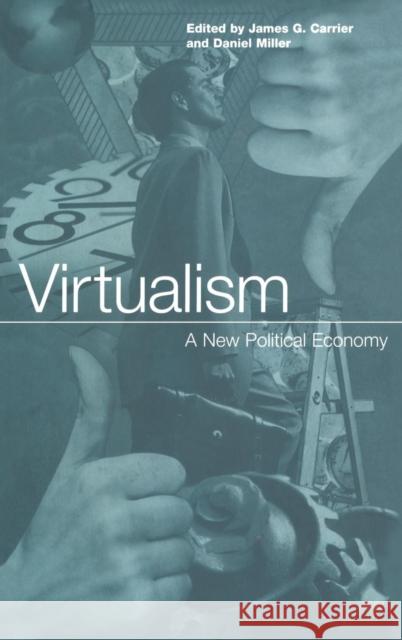Virtualism : A New Political Economy » książka
Virtualism : A New Political Economy
ISBN-13: 9781859732373 / Angielski / Twarda / 1998 / 228 str.
Virtualism : A New Political Economy
ISBN-13: 9781859732373 / Angielski / Twarda / 1998 / 228 str.
(netto: 664,34 VAT: 5%)
Najniższa cena z 30 dni: 654,86 zł
ok. 16-18 dni roboczych.
Darmowa dostawa!
We live in a time of economic virtualism, whereby our lives are made to conform to the virtual reality of economic thought. Globalization, transnational capitalism, structural adjustment programmes and the decay of welfare are all signs of the growing power of economics, one of the most potent forces of recent decades. In the last thirty years, economics has ceased to be just an academic discipline concerned with the study of economy, and has come to be the only legitimate way to think about all aspects of society and how we order our lives. Economic models are no longer measured against the world they seek to describe, but instead the world is measured against them, found wanting and made to conform.This profound and dangerous change in the power of abstract economics to shape the lives of people in rich and poor countries alike is the subject of this interdisciplinary study. Contributors show how economics has come to portray a virtual reality -- a world that seems real but is merely a reflection of a neo-classical model -- and how governments, the World Bank and the IMF combine to stamp the world with a virtual image that condemns as irrational our local social and cultural arrangements. Further, it is argued that virtualism represents the worrying emergence of new forms of abstraction in the political economy, of which economics is just one example.











